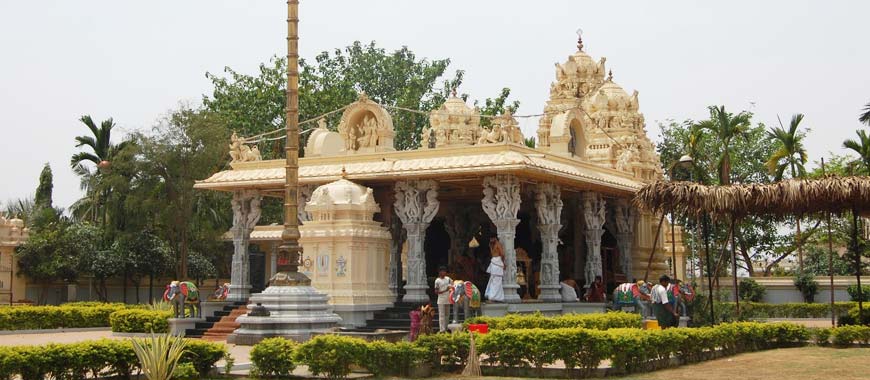The city of Eluru is situated in the state of Andhra Pradesh in the southern part of India. The district of Eluru is a municipal corporation in Andhra Pradesh and is the head quarters of the West Godavari district. According to the 2001 census, Eluru has a population of 189,772. The city of Eluru is situated on the National Highway linking Visakhapatnam and Vijayawada. Previously, Eluru was known as Helapuri and is a proud owner of a rich political history and culture. It is believed that at one point of time, the city of Eluru have been the capital of the Vishnukundinas. A huge fresh water lake called Kolleru Lake was found near Eluru. A Tour to Eluru has loads of surprises for the tourists.
The northern cirkars was divided into districts and during that time, Eluru was made a part of the Machilipatnam District. Later on, Eluru was incorporated in the Godavari district in 1859. Gradually, the city of Eluru was made a part of the Krishna District. Ultimately, in the year 1925, the West Godavari District was formed with Eluru as its headquarters. The Government of Andhra Pradesh in recent times up rated the municipality of Eluru as a municipal corporation.
The town of Eluru in Andhra Pradesh is very popular for its well recognized educational institutes like the C.R. Reddy College.
The city of Eluru is a famous centre for the export of Paddy, Tobacco and Coconut to all the other parts of the state. The town of Eluru is also quite well known for the carpets and incense sticks, which is called 'agarbatti' in Telugu. The incense sticks and the carpets are exported to many places all over the country.
During the Tour to Eluru, the places that can be seen in and around the city of Eluru are:
- Janardhana Temple
- Jalapaharesvara Temple
- Kolleru Lake
- Kolleru Bird Sanctuary
- Dwaraka Tirumala
- Rock cut Caves of Guntupalli
- Finest specimens of structural and monolithic Buddhist remains of the 3rd-2nd century B.C. to the 5th-6th century A.D.
- Gangeswara Temple
- Ratnaalamma Temple

